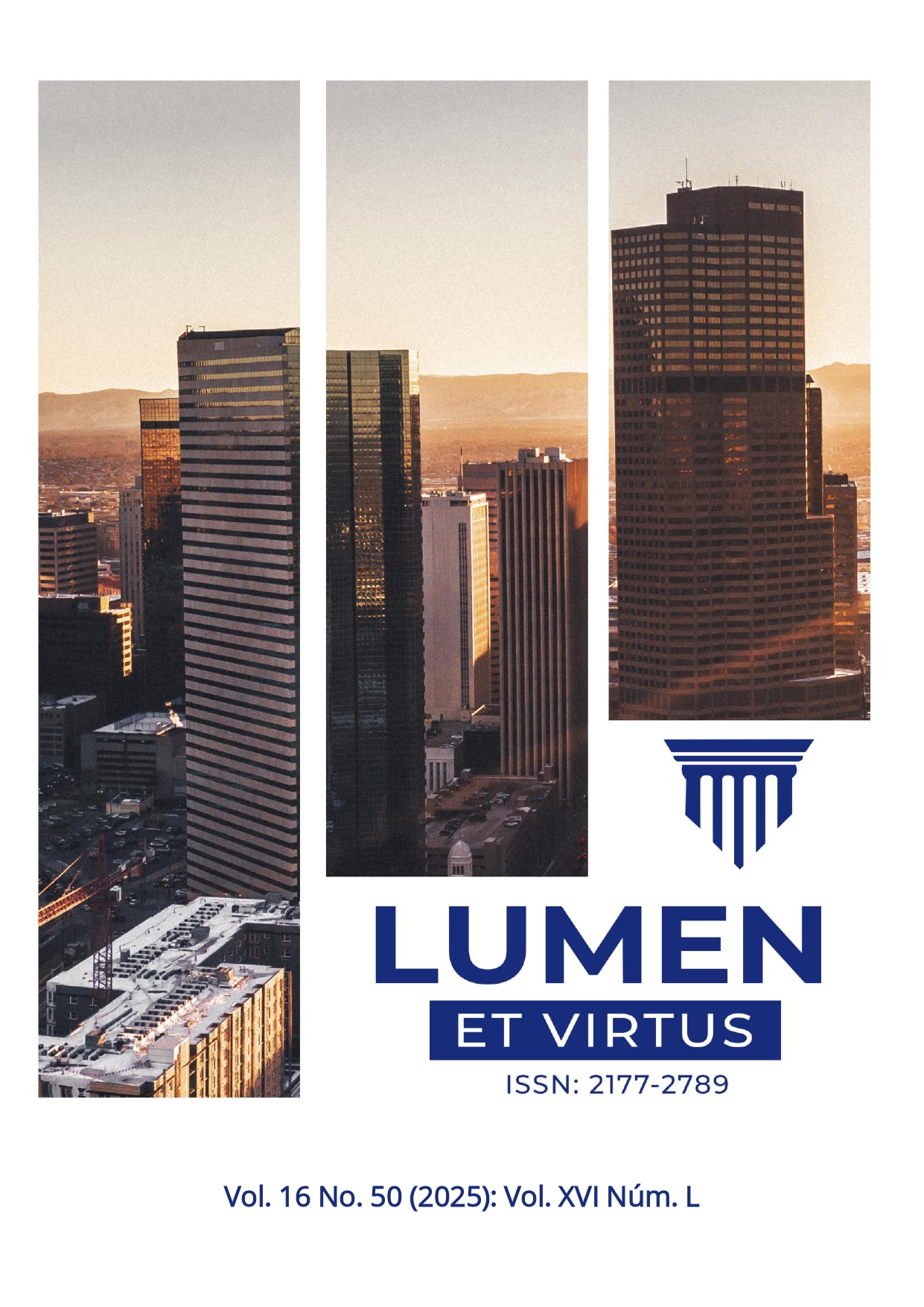CORPO, SENTIDO E IDENTIDADE PELA HERMANÊUTICA DE DAVID LE BRETON
DOI:
https://doi.org/10.56238/levv16n50-017Palavras-chave:
Corpo, Sentido, Identidade, AntropologiaResumo
Este artigo traz como objetivo discutir a concepção de corpo na obra do antropólogo francês David Le Breton, destacando sua relevância para a compreensão da experiência humana na contemporaneidade. Partindo de uma abordagem qualitativa e exploratória, fundamentada em revisão bibliográfica sistemática, o estudo examina três eixos centrais da Antropologia do Corpo: o corpo como objeto biográfico e construção simbólica; o corpo como lugar de sentido e experiência existencial; e o corpo como expressão de identidade e interação cultural. Com base em obras clássicas e recentes do autor, bem como em estudos que dialogam com sua produção teórica, demonstra-se que o corpo ultrapassa sua dimensão biológica, constituindo-se como território de inscrição de afetos, valores e pertencimentos. A análise revela como práticas sociais, estéticas, religiosas e digitais interferem na percepção e na vivência do corpo, evidenciando tensões entre corporeidade vivida e corporeidade representada. O trabalho também discute os impactos da medicalização, da padronização estética e da exposição digital na experiência corporal, apontando para a urgência de uma escuta sensível do corpo como meio de reintegração do sujeito consigo mesmo e com o mundo. Conclui-se que a leitura simbólica proposta por Le Breton oferece subsídios teóricos consistentes para repensar o corpo como linguagem, memória e resistência, contribuindo de forma significativa para os estudos contemporâneos em antropologia, educação, saúde e cultura.





